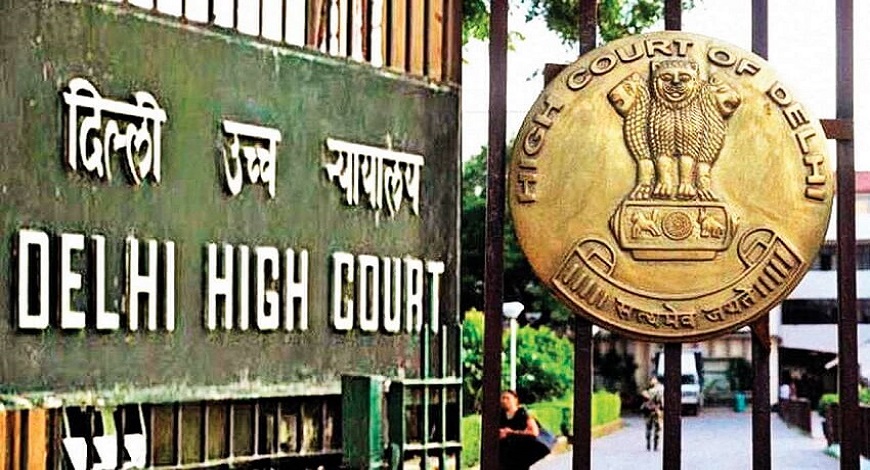The Delhi High Court has refused to entertain a petition challenging the demand letters issued by the Senior Divisional Commercial Manager of East Central Railway based in Uttar Pradesh asking for enhanced advance annual license fee, over lack of territorial jurisdiction.
The Bench headed by Justice Sanjeev Sachdeva, while dismissing the petition on Friday, held
“As neither the authority – the Senior Divisional Commercial Manager has its seat in Delhi, nor any action has been taken by the authority within the territory in respect of which this court exercises jurisdiction, this Court would not have the territorial jurisdiction to entertain the present petition.”
Relying on the decision of the Delhi High Court in Jayswal Neco Ltd vs Union of India & Ors, Advocate V.K. Shukla, representing the petitioner, contended that the jurisdiction vests with Delhi High Court in as much as the Railway Board is situated in Delhi, and the demand raised by the Senior Divisional Commercial Manager is contrary to the directions issued by the Railway Board.
Noting that reliance on the above-named decision is misplaced, the Bench was of the view that since the seat of the authority whose action is impugned is outside the territorial limit of Delhi, the cause of action would accrue outside the territorial jurisdiction of the Delhi High Court.
Also Read: Delhi High Court to hear PIL against social media platforms for revealing names of rape victims
Furthermore, the petitioner is not aggrieved by any action or inaction on part of the Railway Board. The Bench was not satisfied with the contention that the demand is contrary to the directions of the Railway Board, as it is not the direction of the Railway Board, but the demand raised by the Senior Divisional Commercial Manager that would give rise to a cause of action.
The Bench observed,
D.H.C-JITENDRA-SINGH-ORS.-Vs-UNION-OF-INDIA-ANR.“Under Article 226 (1) of the Constitution, the High Court has jurisdiction to issue a writ to any person or authority, which has its seat within the territory in relation to which it exercises jurisdiction. Under Article 226 (2), the High Court has the power to issue writ to an authority, which though does not have its seat within the territorial jurisdiction of the Court, but in respect of which the cause of action, wholly or in part, arises within the territorial jurisdiction of the Court.”


